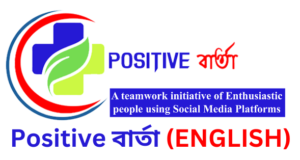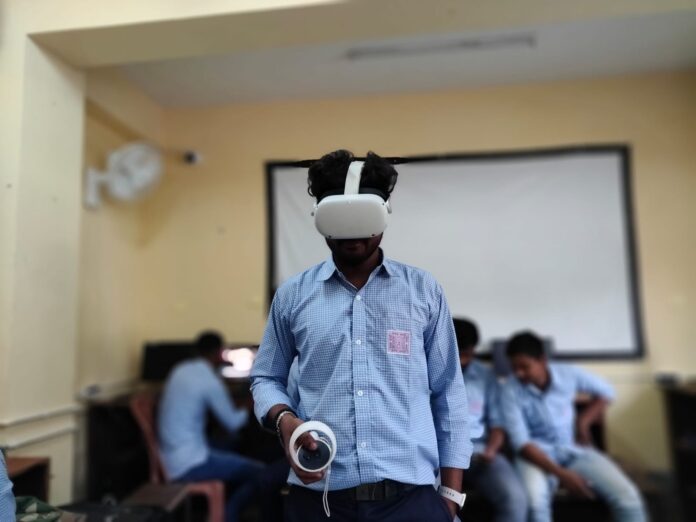Defining the Metaverse: The metaverse, in its most fundamental form, is a shared virtual environment that transcends the limitations of the physical world. It’s a convergence of interconnected digital spaces where users can interact, collaborate, and engage in a myriad of activities, all within a simulated reality.
Imagine a seamless blend of augmented reality (AR) and virtual reality (VR) technologies, where the digital world seamlessly overlays and interweaves with our physical surroundings. This is the essence of the metaverse – a boundless realm where the boundaries between the real and virtual blur.
Key Characteristics of the Metaverse
The metaverse is characterized by several defining features that set it apart from traditional online interactions:
- Impressiveness: Users are immersed in the virtual environment, feeling as if they are physically present within the digital space.
- Interoperability: Different metaverse platforms should be interconnected, allowing users to seamlessly move between them without losing their digital identities or assets.
- Real-time Interactions: The metaverse facilitates real-time interactions and collaborations among users, fostering a sense of presence and connection.
- Persistent Experiences: The metaverse is persistent, meaning the virtual world continues to exist even when users are not actively engaged.
- Decentralized Ownership: The metaverse is envisioned as a decentralized ecosystem, where users have ownership over their digital assets and identities.
Potential Applications of the Metaverse
The metaverse holds immense potential to revolutionize various aspects of our lives, including:
- Social Interactions: The metaverse can provide new avenues for social connection, enabling virtual gatherings, events, and immersive experiences.
- Education and Training: The metaverse can transform education by creating interactive and engaging learning environments.
- Entertainment: The metaverse can offer immersive entertainment experiences, including virtual concerts, gaming, and interactive storytelling.
- Work and Collaboration: The metaverse can facilitate remote work and collaboration, enabling virtual meetings, co-working spaces, and shared workspaces.
- E-commerce and Retail: The metaverse can revolutionize e-commerce by allowing customers to virtually try on products, explore stores, and interact with brands in immersive ways.
Challenges and Considerations for Metaverse Development
While the metaverse holds immense promise, it also presents challenges and considerations that need to be addressed:
- Technological Infrastructure: Building and maintaining the metaverse requires significant advancements in computing power, network bandwidth, and VR/AR technology.
- Privacy and Security: Ensuring user privacy and data security in the metaverse is paramount to prevent misuse and protect user information.
- Interoperability and Standards: Establishing interoperability standards and protocols is crucial to ensure a seamless user experience across different metaverse platforms.
- Ethical Considerations: The metaverse raises ethical concerns regarding user behavior, social interactions, and the potential for virtual discrimination.
Read More: What Does Metaverse Mean and How Does This Virtual Reality Work?







